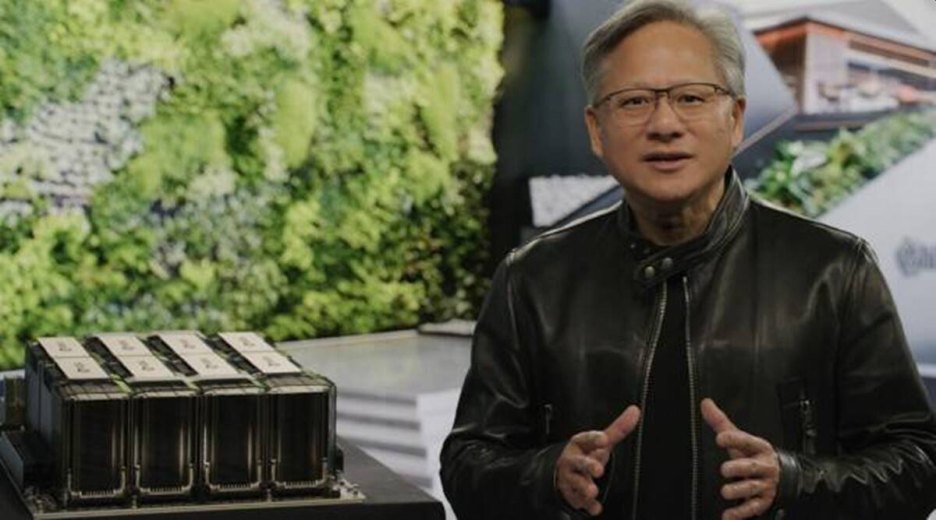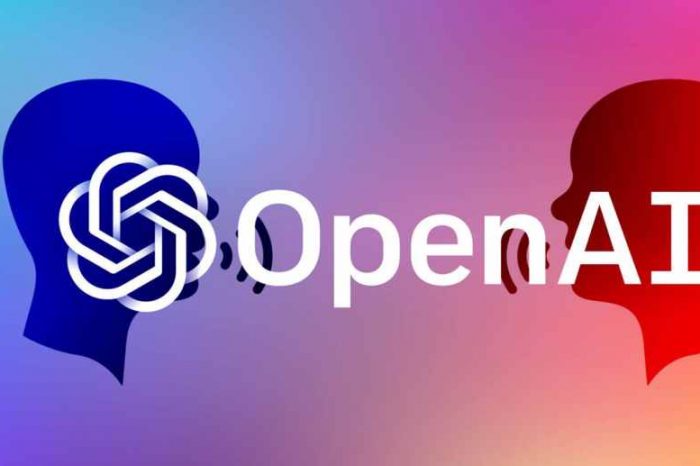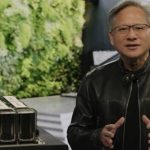‘Everyone is a programmer’ with generative A.I., Nvidia CEO says

The advancement in the field of generative artificial intelligence (AI) has revolutionized the way we interact with computers, thanks in part to tools like ChatGPT. Nvidia CEO Jensen Huang said on Monday that the era of artificial intelligence has opened up new possibilities in computer programming.
Hailing it as the end of the “digital divide,” Huang said that AI means everyone can now be a computer programmer without needing extensive technical knowledge as all they need to do is speak directly to the computer.
Addressing thousands of audience at the Computex forum in Taipei, Huang, a native of southern Taiwan who moved to the United States with his family during his childhood, said AI was leading a computing revolution, Reuters reported. He also emphasized the significant role of artificial intelligence in driving a computing revolution.
“This computer doesn’t care how you program it, it will try to understand what you mean, because it has this incredible large language model capability. And so the programming barrier is incredibly low,” Huang said.
“Every single computing era you could do different things that weren’t possible before, and artificial intelligence certainly qualifies,” Huang added. “The programming barrier is incredibly low. We have closed the digital divide. Everyone is a programmer now – you just have to say something to the computer,” he said.
“The rate of progress, because it’s so easy to use, is the reason why it’s growing so fast. This is going to touch literally every single industry.”
Huang highlighted the transformative power of AI and its profound impact on various industries and sectors. By acknowledging the influence of AI, Huang underscored the ongoing technological advancements and the potential it holds to shape the future of computing.
During the event, Huang also showcased the capabilities of AI, including a demonstration where a program composed a short pop song praising Nvidia based on just a few instructions.
Additionally, he unveiled a range of new applications, including a partnership with WPP, the world’s largest advertising group, to leverage generative AI for content creation in digital advertising.
Currently, generative AI tools using like ChatGPT and Google Bard can assist users with programming tasks. Just last month, Alphabet launched Google Bard AI which can write and debug software code. The new chatbot is able to generate, debug, and explain code. Bard supports 20 programming languages, including C++, Java, JavaScript, and Python, and can now integrate with other Google products. Users can export their code to Colab, Google’s cloud-based notebook environment for Python, and Bard can also assist in writing functions for Sheets.
Nvidia has experienced a significant surge in recent months, propelling it to the top spot as the most valuable publicly traded semiconductor company globally. Its success can be traced to surging demands for its chips for generative AI applications like ChatGPT and computing systems specifically designed for artificial intelligence applications.
The increasing demand for AI technology has created a favorable market environment for the company, leading to its remarkable growth and market value. By supplying crucial components for AI systems, this chipmaker has positioned itself as a key player in the semiconductor industry, capitalizing on the rising importance of artificial intelligence in various sectors.
In a remarkable surge last week, Nvidia appears to be on the verge of securing a coveted position in the exclusive trillion-dollar market cap companies that now include only Apple, Microsoft, Alphabet, and Amazon after Tesla and Meta lost their membership late last year.
Almost overnight, the chipmaker experienced a staggering 26% surge in its share value, propelling its market worth to nearly $1 trillion at approximately $950 billion, according to FactSet. This remarkable ascent represents a significant increase from its previous closing market value of $755 billion on Wednesday.
Nvidia’s chips have played a crucial role in enabling companies like Microsoft Corp to incorporate conversational features with human-like qualities into search engines such as Bing.
The demand for Nvidia’s AI chips has posed challenges, as the company has faced difficulties in meeting the growing market needs. Tesla CEO Elon Musk, who reportedly has plans to develop an artificial intelligence startup, recently commented in an interview that obtaining Nvidia’s graphics processing units (GPUs) is “considerably harder than obtaining drugs.”

